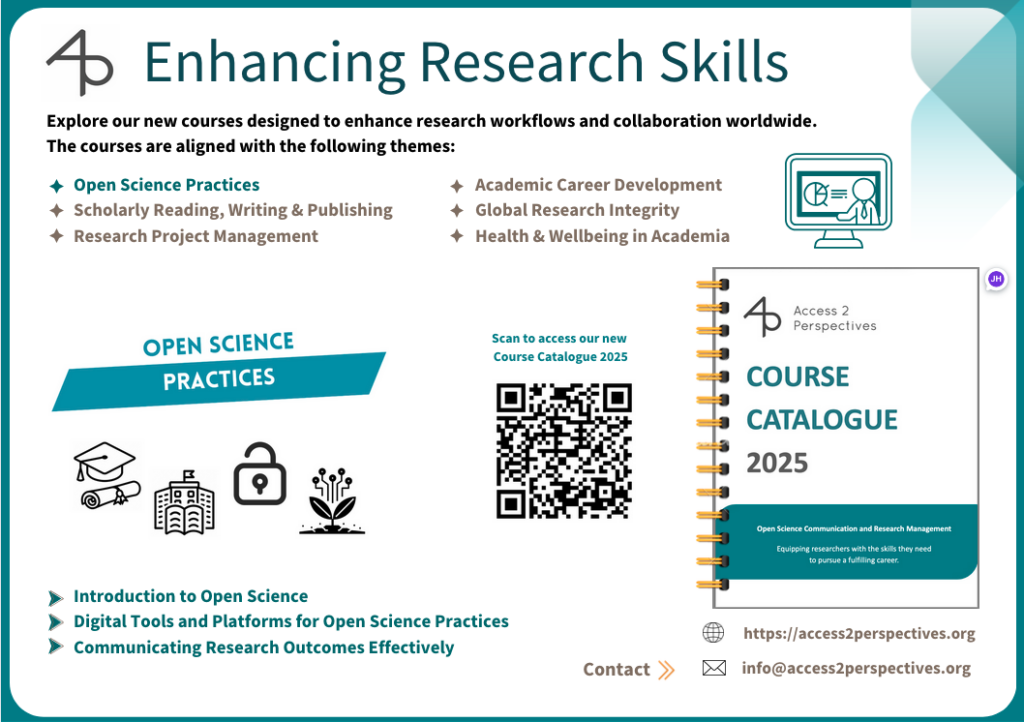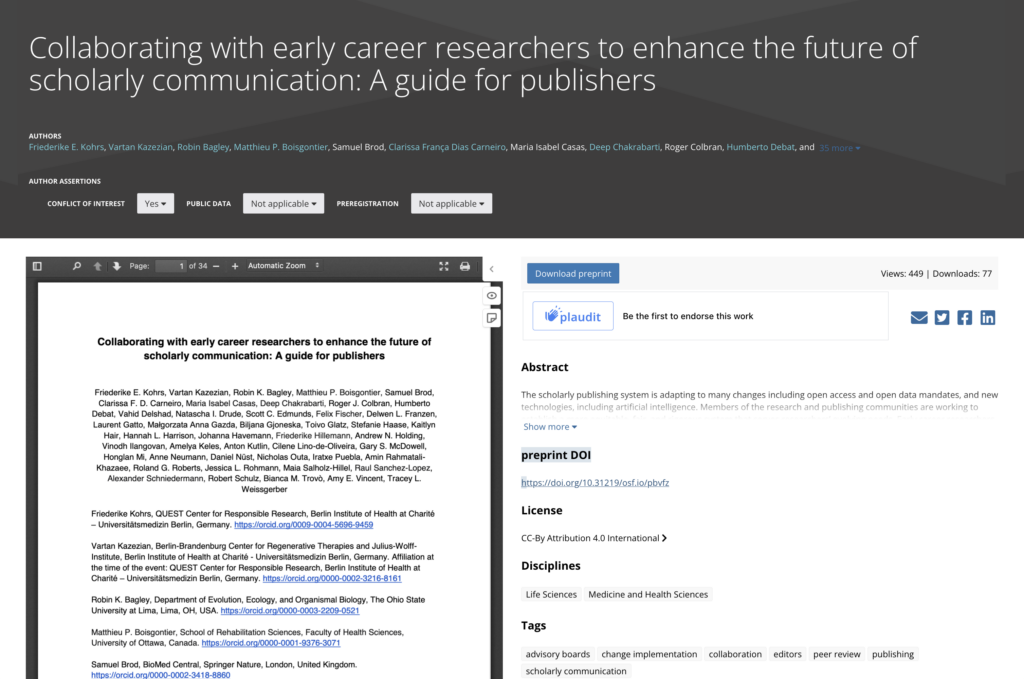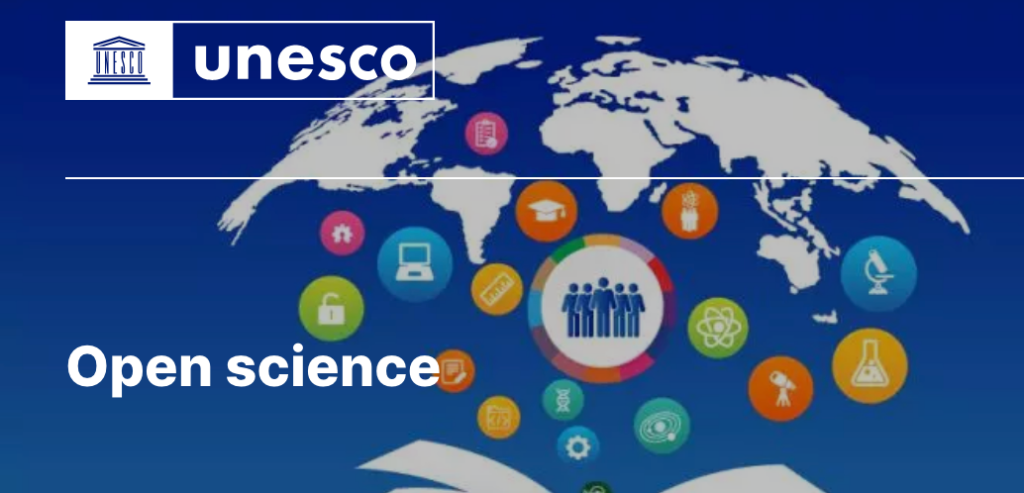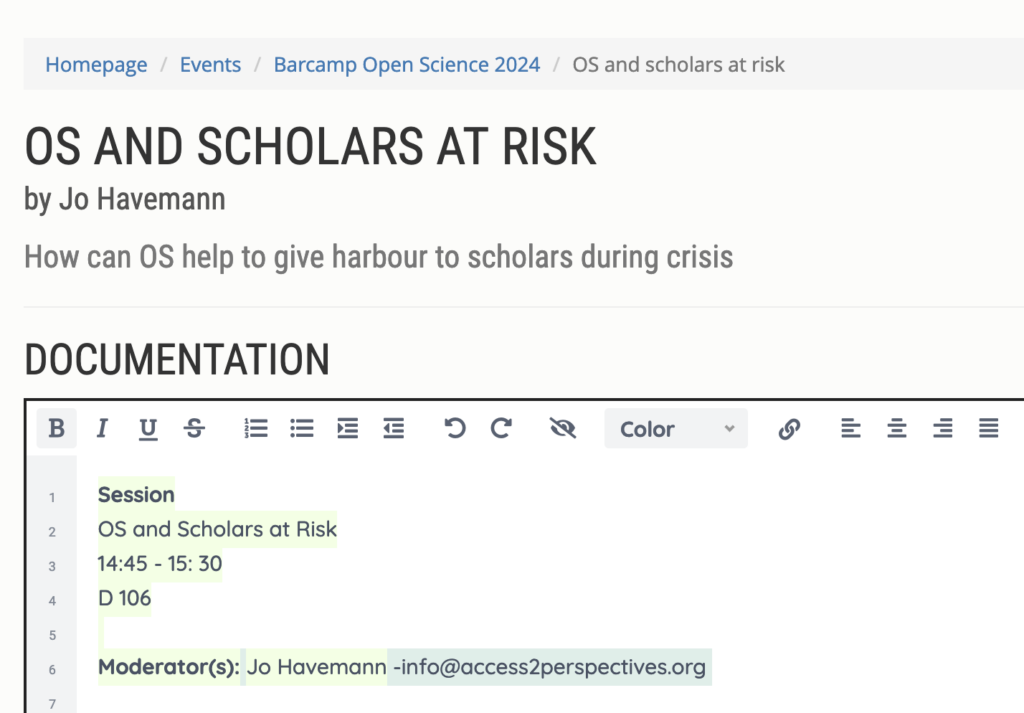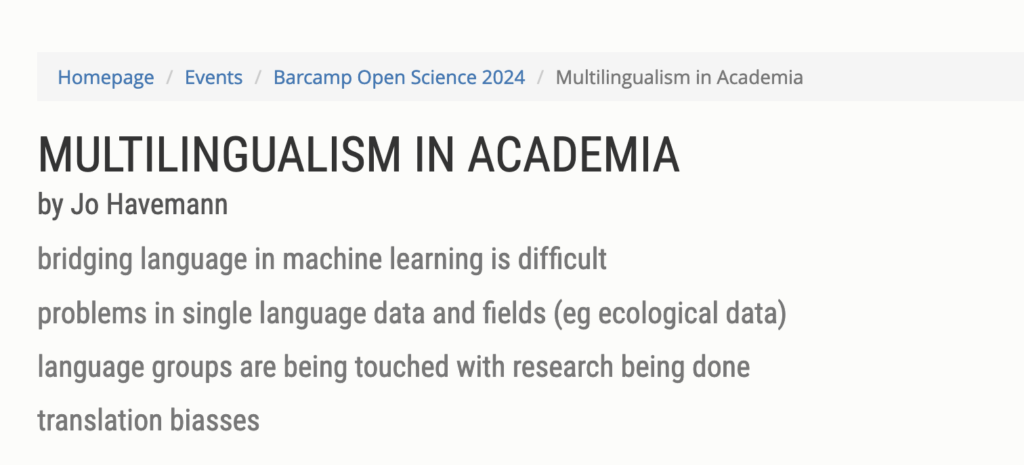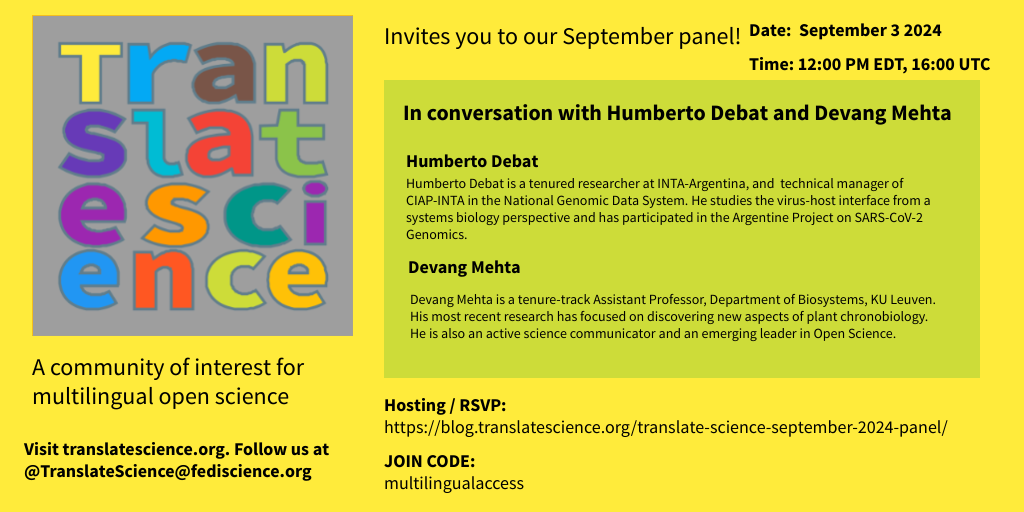Critical turning point for HE and research globally as USAID is being shut down
As highlighted in two University World News articles last week, the shutdown of USAID represents a critical turning point for higher education and research globally, with profound implications for research innovation, educational access, and international collaboration. We, i.e. the international higher education and research community, can take several steps to mitigate the impact of USAID’s shutdown:


